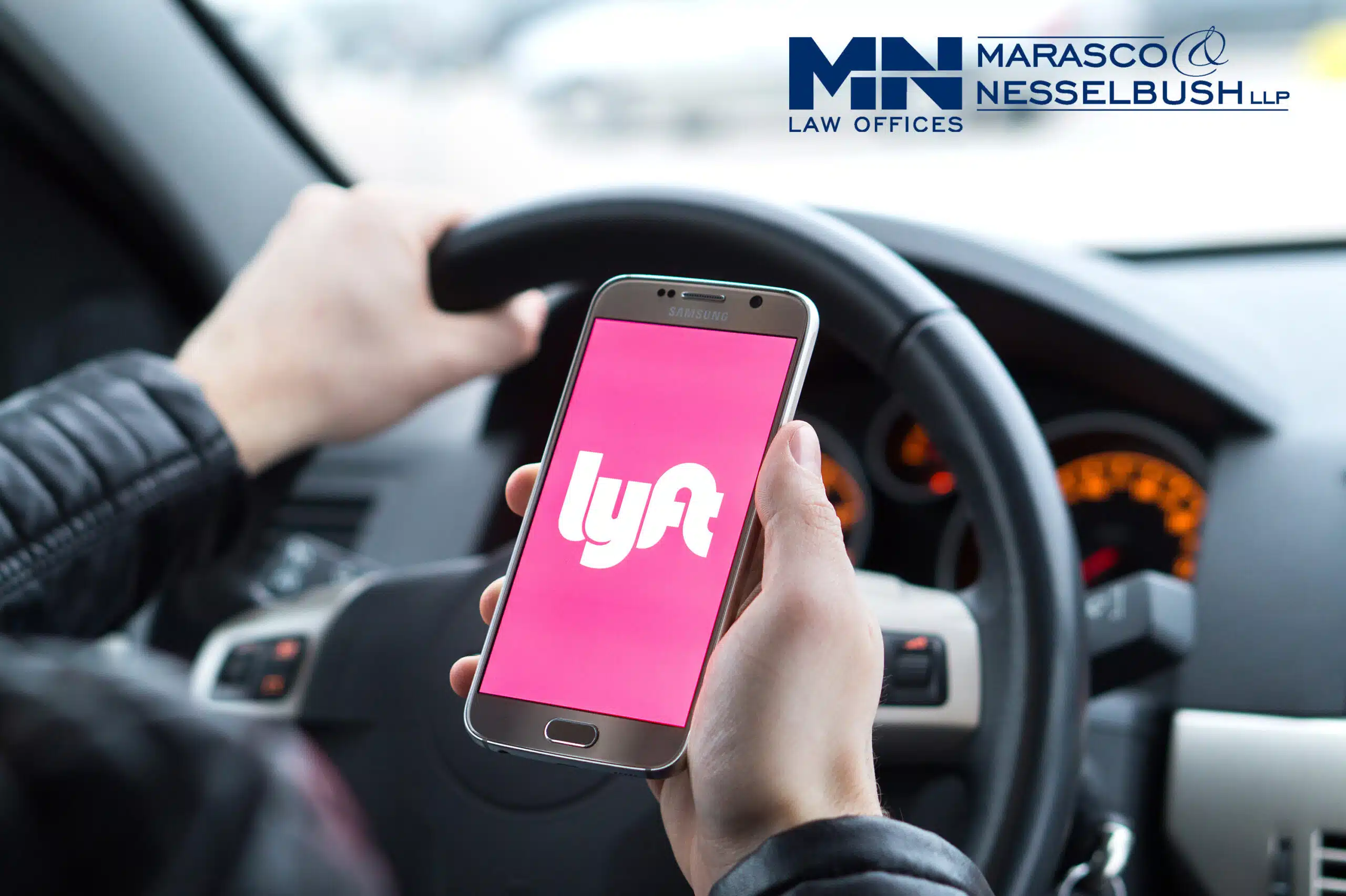
With the ever-growing popularity of rideshare companies such as Uber and Lyft, concerns around risks and liabilities arise. Rideshare drivers use their personal motor vehicles to assist in the transportation needs of others. Millions of users each year use rideshare companies, rather than public transportation, to get around more quickly and efficiently.
There are a variety of requirements for the driver and their vehicle to become an established Lyft driver. Vehicle requirements for Lyft in Rhode Island include having a vehicle that is from 2007 or newer, a 4-door vehicle, 5-8 seats including the driver’s seat, the vehicle cannot be a taxi or a stretch limousine, and cannot be titled as salvage, non-repairable, rebuilt, or any other equivalent classification. Only in Providence can drivers rent a car through Express Drive with standard insurance included. The vehicle rented must be through the Express Drive program and approved for use on the Lyft platform. For driver requirements, the driver must have a valid driver’s license -temporary or out-of-state licenses are also acceptable. Additionally, the driver must be 25 years or older, pass a driver screening test that reviews your driving recordand criminal background check, and have a smartphone that can successfully download and run the Lyft Driver app. Drivers are required to display the Lyft emblem on the front windshield of their vehicle while in driver mode.
In addition to Lyft’s mandatory break and time limits, Rhode Island regulations require that drivers do not spend more than 12 hours providing rides within a 24-hour time limit. After that, drivers must take a minimum break of 8 consecutive hours. Unlike Uber, Lyft drivers are not allowed to accept any cash tips.
When it comes to liability between drivers and Lyft itself, the subject can be complicated, but it is extremely important you know how and when the policies cover you and your passengers in the event of an accident.
- When the driver is not actively on the Lyft app, your personal auto insurance coverage applies, and there is no help from Lyft.
- When the driver is on the app and waiting for a ride request, Lyft provides third-party liability insurance for covered accidents if your personal auto insurance does not apply. This amount is $50,000/person for bodily injury, $100,000/accident for bodily injury, and $25,000/accident for property damage.
- When the driver is on the app and actively in a ride or picking up passengers, Lyft provides $1,000,000 for 3rd-party auto liability, uninsured/underinsured motorist bodily injury, and contingent comprehensive & collision up to the actual cash value of the car.
Rideshare companies like Lyft and Uber are continuously evolving in Rhode Island and throughout the United States. If you are faced with injuries or liability following a Lyft accident in Rhode Island, turn to Marasco & Nesselbush. Our attorneys have years of experience and clearly understand the complexity of these accidents and injuries faced by drivers and their passengers. They will strategically work with you to solve the case and receive appropriate compensation.